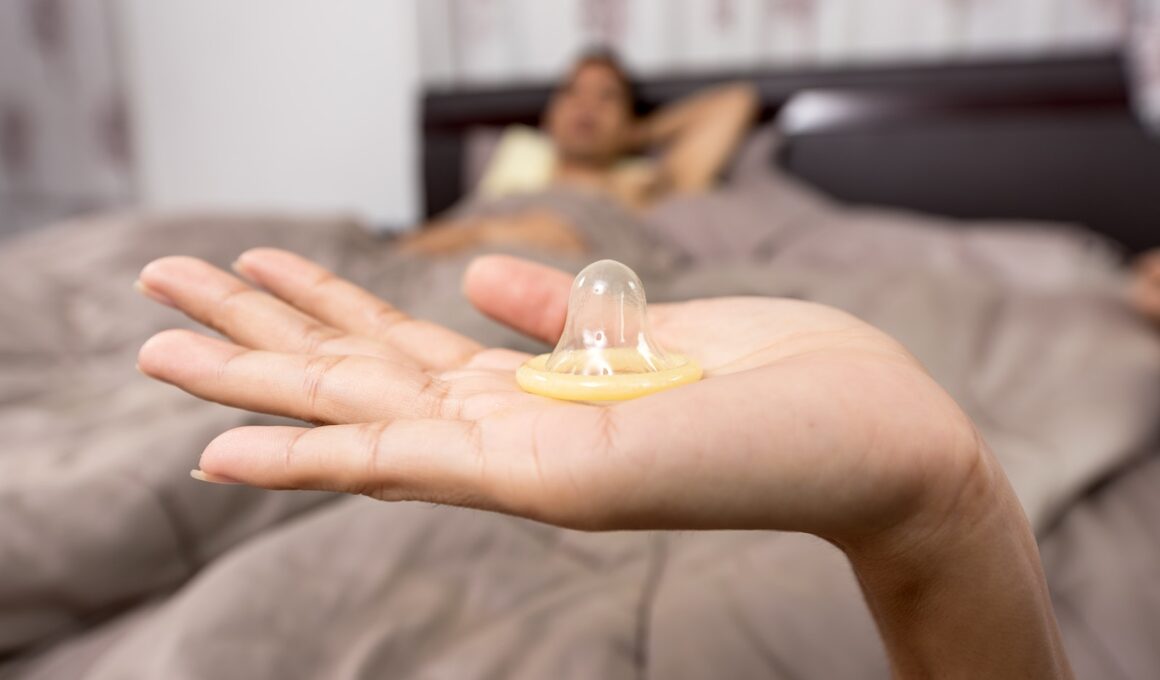Everyone’s body is different, and it takes time to find what turns us on. It’s important to communicate with your partner about what turns you on so that you can enjoy your sex experience to the fullest!
Sex feels good because it releases chemicals in our bodies that make us feel pleasure. It also stimulates our pelvic floor muscles, which strengthens them.
1. Feelings of ecstasy
When a woman is sexually aroused by kissing, caressing, or clitoral stimulation (the hardening of the nipples and clitoris), her brain signals increased blood flow to the vagina and a pulsing sensation around the clitoral area. It also sends the signal that lubrication is needed. This leads to orgasm, which is why it’s important to talk to your partner about what feels good for you.
Many people find themselves ecstatic during sex, although this can vary from person to person. Ecstasy is a state of mind, often accompanied by a loss of control and feelings of unreality. It can be brought on by a wide variety of things, including sexual activity, religious mysticism, and certain drugs.
MDMA, commonly referred to as the love drug, is an illegal hallucinogen that causes intense feelings of well-being and sensuality. Research shows that it can increase desire for sex, but it can also make orgasms less frequent and intense. This is due to the fact that it interferes with the natural flow of oxytocin and dopamine.
2. Feelings of love
Good sex feels great when you and your partner are on the same page. This is why it’s important to communicate about what you want and don’t want in the bedroom. If you’re not into trying new toys, positions, costumes, or anything else, let your partner know. It’s also important to avoid telling your partner that you need more orgasms, because if this is your only motivation, you’re going to get bored fast.
Once you’ve reached climax, your brain is flush with serotonin and oxytocin. This is the “love hormone” phase, and it’s when your bond with your partner deepens and you start to feel more intimate. You may start to look forward to sex or crave it more than before, and you’ll probably both feel happy when you have it. But it’s not a sign that you’re in love yet, and you should continue to talk about your feelings with your partner.
3. Feelings of lust
Having sex with someone you love is one of the most thrilling experiences you can have. It’s a bonding experience that makes you feel closer to your partner and gives you spine-tingling O’s. Sex can include kissing, touching, masturbation, oral, vaginal or anal sex. The exact type of sex that feels good to you might differ, depending on your preferences and whether you’re in a relationship or having a one-night stand.
Lust is based on sexual satisfaction and attraction, usually characterized by a sudden feeling of intense sensations that make you want to fuck the person you’re interested in. According to researchers, lust activates the posterior region of the brain while love triggers the anterior region.
Lena Derhally, a certified relationship therapist and cognitive behavioural sex therapist, explains that if you’re obsessing over your partner throughout the day or fantasizing about them all the time, then you might be in lust rather than love. Lust also typically focuses on physical attractiveness, while love aims for deeper connection and emotional intimacy. However, these distinctions can be hard to define.
4. Feelings of intimacy
The feeling of intimacy is a vital component to every healthy relationship. This includes emotional intimacy, which is the ability to communicate your feelings and emotions to your partner. It also involves sexual intimacy, which is the feeling of arousal and excitement.
Intimacy can be achieved in many ways, including through verbal communication and intimate touches. Some examples of intimate touching include holding hands, kissing, cuddling, and skin-to-skin contact. This type of intimacy can help you grow closer to your partner and feel a deeper sense of connection.
Research suggests that intimate experiences predict sexual desire in the same way as arousal does. For example, a study by Rubin and Campbell involved 67 heterosexual couples who tracked their daily intimate experiences. The results found that a significant increase in intimacy predicted increased levels of sexual desire the following day. The effect was not moderated by gender, which supports the theory that arousal and intimacy are strongly correlated. A similar result was found when the model included the change in intimacy from the previous assessment as a predictor.
5. Feelings of comfort
Sex is a way to ease our anxieties and pains, and can even be a source of spiritual healing. In addition to being a source of pleasure, sexual intimacy can also help us feel reassured of our partner’s love for us – especially during times of emotional storms.
During orgasm, both men and women experience psychological as well as physical pleasure. The feeling of bliss can help to reduce stress and lower blood pressure, which helps us sleep better. It’s important to communicate with your partner(s) about what feels good for you, and to try out new ways of getting intimate together if you find that something isn’t working for you.
If you feel pain or discomfort during sex, this could be a sign that you need to slow down or switch positions or lubrication – whatever is needed to make it comfortable for you. If pain persists, it’s always a good idea to check in with a medical professional. They can help you figure out what might be going on and provide other resources if necessary.









